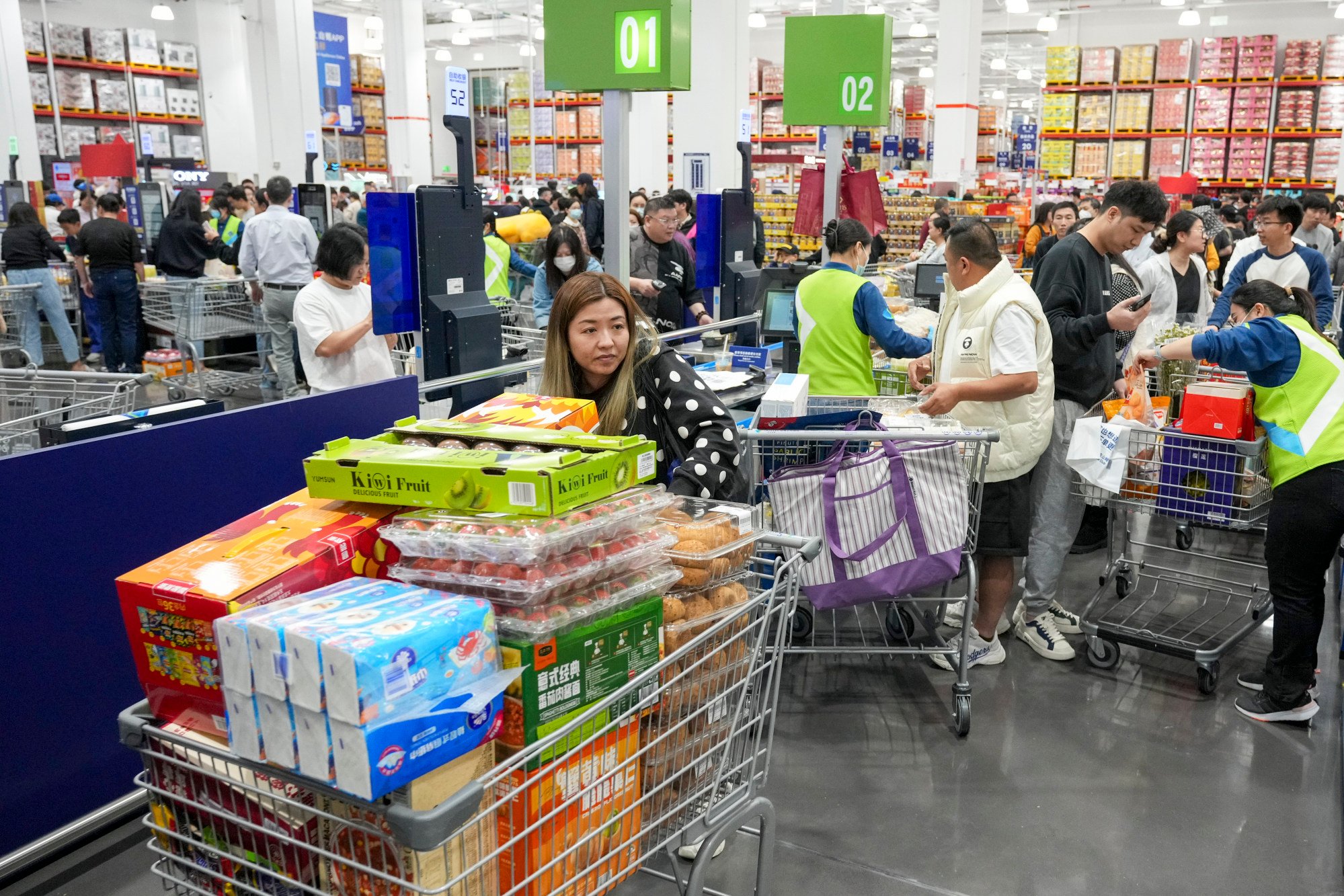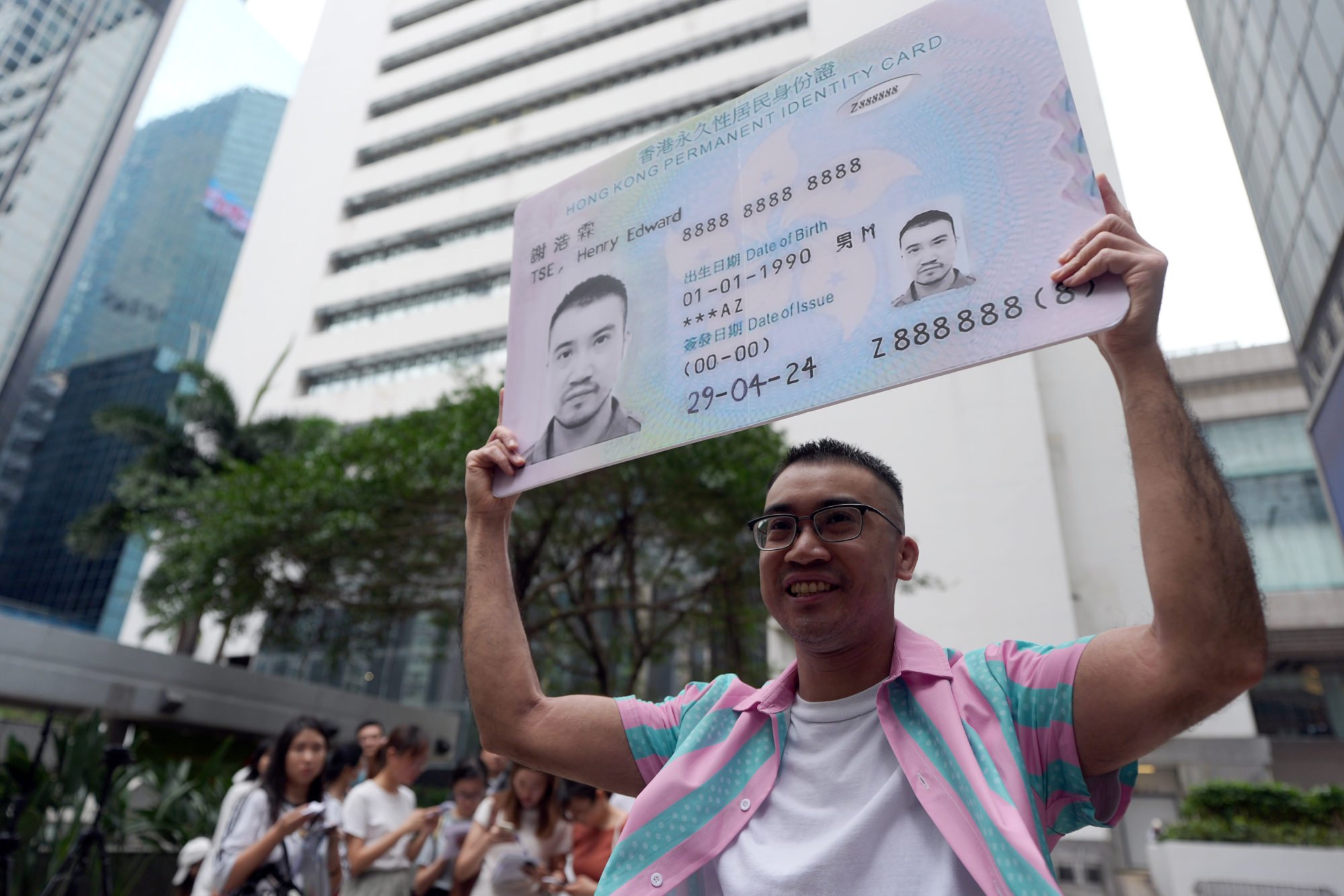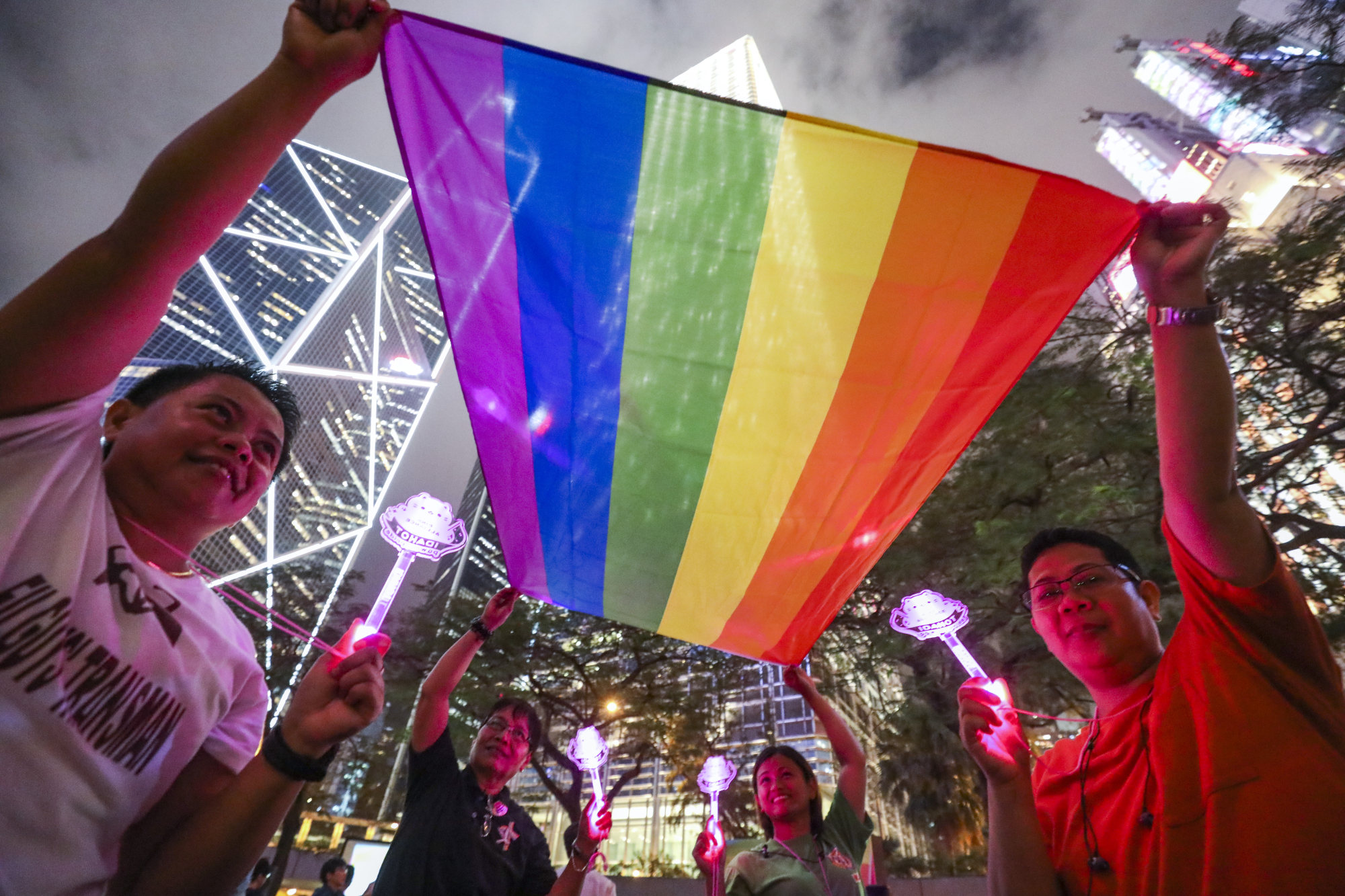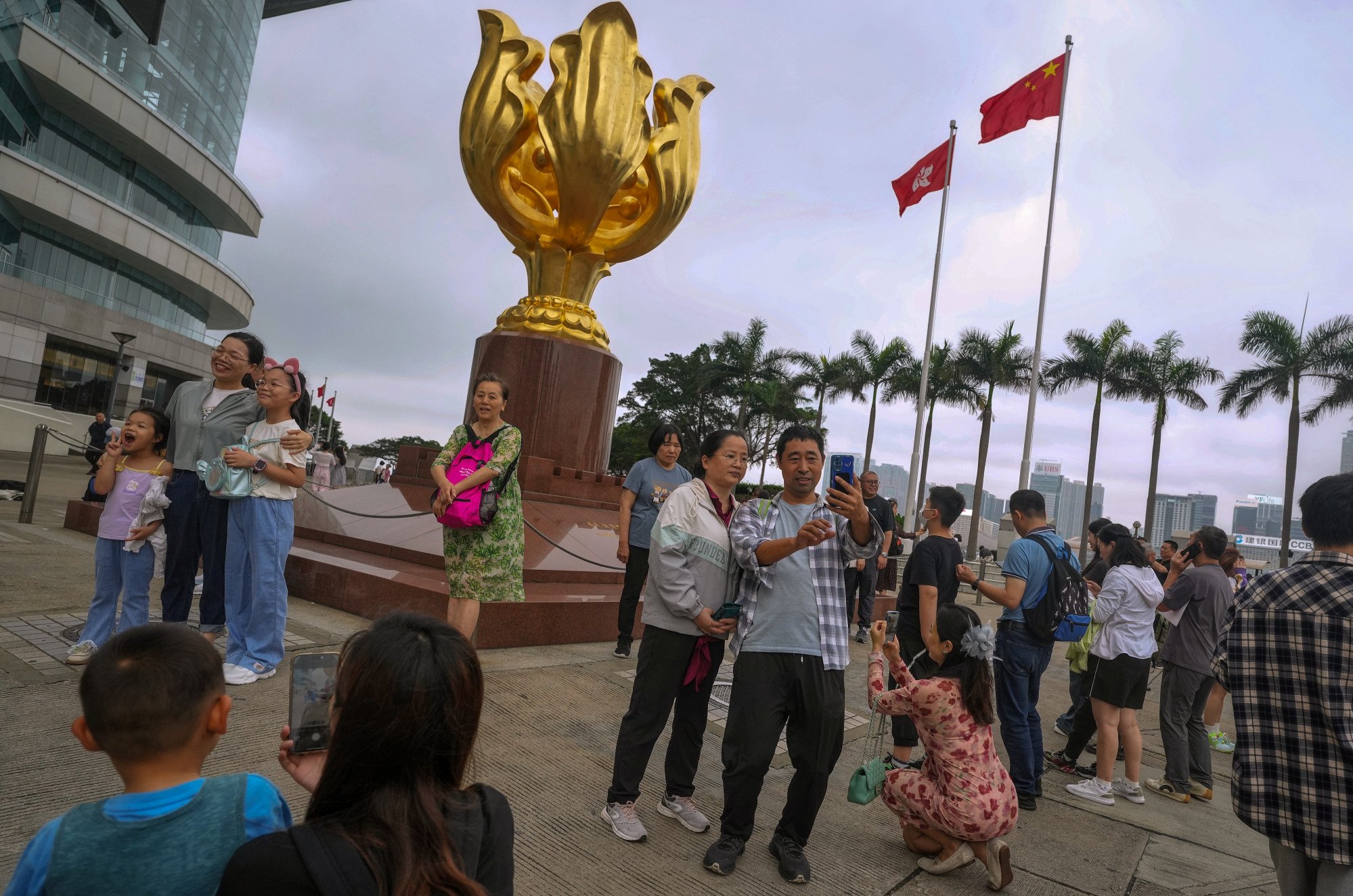Presently, dining in the city remains a gastronomic journey, albeit marred by exorbitant prices and inconsistent service standards that do not always align with the food quality.

Financial Secretary Paul Chan Mo-po recently underscored that Hong Kong’s allure does not lie in offering rock-bottom prices. He addressed the grievances of local retailers and restaurants about residents crossing the border in pursuit of more affordable options, a trend exacerbated by the strength of the Hong Kong dollar.
Chan emphasised that Hong Kong’s appeal has always been rooted in its commitment to quality and innovation, rather than mere affordability.
While the city continues to excel in the quality of its products and culinary offerings, the inconsistency in service standards remains an issue that warrants attention and improvement.
Delving deeper, the attraction of a city transcends the physical infrastructure that may serve as an initial attraction. True sustainability lies in its intangible qualities – its core essence and character that exude an irresistible charm. This intangible essence cannot be manufactured or marketed.

The spotlight cast on his struggle has revealed a troubling reality: Hong Kong struggles to embrace gender diversity and equality, tarnishing its global image in the process.
A city defined by its warmth, compassion, liberalism and inclusivity stands to gain immensely – attracting tourists, skilled professionals and investments – despite any imperfections it may possess in other domains.
Consider the case of Amsterdam, renowned for its culture of inclusivity, tolerance and free-spiritedness. As one of its former mayors aptly quipped, “Craziness is a value” in this vibrant city.
While I do not endorse replicating Amsterdam’s methods, such as openly promoting adult services like those provided in its red light districts, Hong Kong can learn from the power of embracing diversity and inclusion to enhance its appeal and foster a welcoming environment for all.

Hong Kong ought to modernise its approach to sexual diversity by acknowledging and respecting individuals’ rights to self-identify their gender. This shift would show Hong Kong’s unwavering dedication to genuinely upholding equality and non-discrimination principles, and nurture a more inclusive, diverse and harmonious society.
Such progressive steps are bound to serve as a beacon of inspiration both locally and internationally.
Given the government’s efforts to promote the city as a centre for trade, finance, technology, education and traditional Chinese medicine, why not capitalise on this momentum and establish Hong Kong as a hub for gender diversity and inclusion?

Embracing gender diversity can yield positive outcomes for businesses and tourism. With an increasing number of business entities worldwide prioritising diversity and inclusion, many may find Hong Kong an attractive location in which to operate, while tourists seeking a welcoming and inclusive atmosphere may be enticed to visit.
It is well known that many individuals are more likely to gravitate towards a city that embraces diverse gender identities, contributing to its cultural vibrancy and economic prosperity through tourism, hospitality and cultural exchange.
Moreover, visitors and prospective residents are predisposed to select cities celebrated for their safe and inclusive environments that promote gender multiplicity. Such cities convey a potent message of tolerance, acceptance and respect towards all.

Gender-diverse cities are frequently linked to innovation, creativity and economic dynamism. These cities are magnets for tourists and migrants seeking business and career prospects, drawn to the promise of professional growth and success.
In addition, gender-diverse urban centres often provide a superior quality of life and access to social services that enhance the well-being of both residents and visitors alike.
Given Hong Kong’s enthusiastic pursuit of foreign talents, overseas enterprises and tourists, the city should pursue a strategy of transforming into a thriving hub with a welcoming and vibrant environment that champions gender diversity and inclusion.
Luisa Tam is a Post editor who also hosts video tutorials on Cantonese language that are now part of Cathay Pacific’s in-flight entertainment programme.

